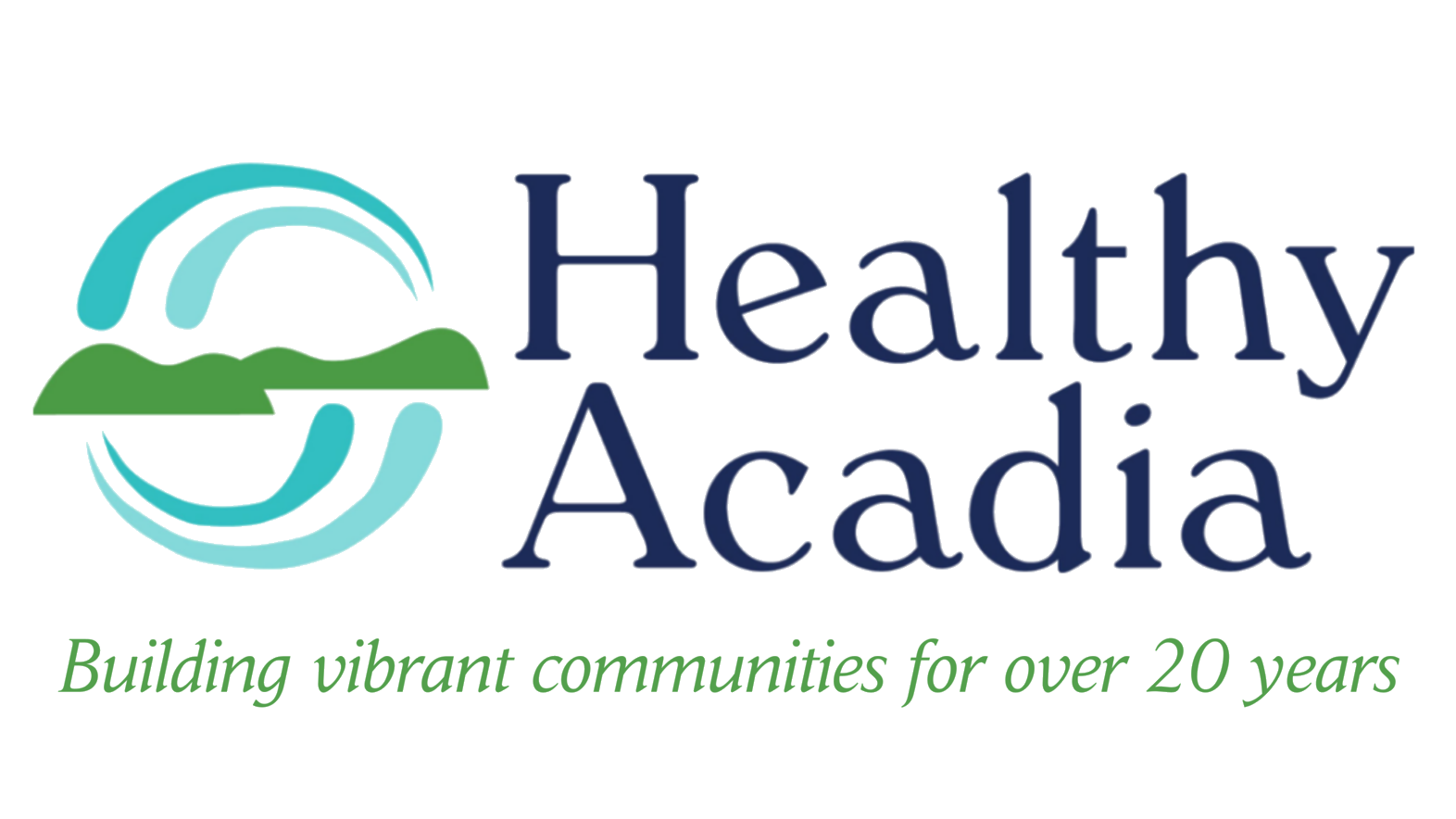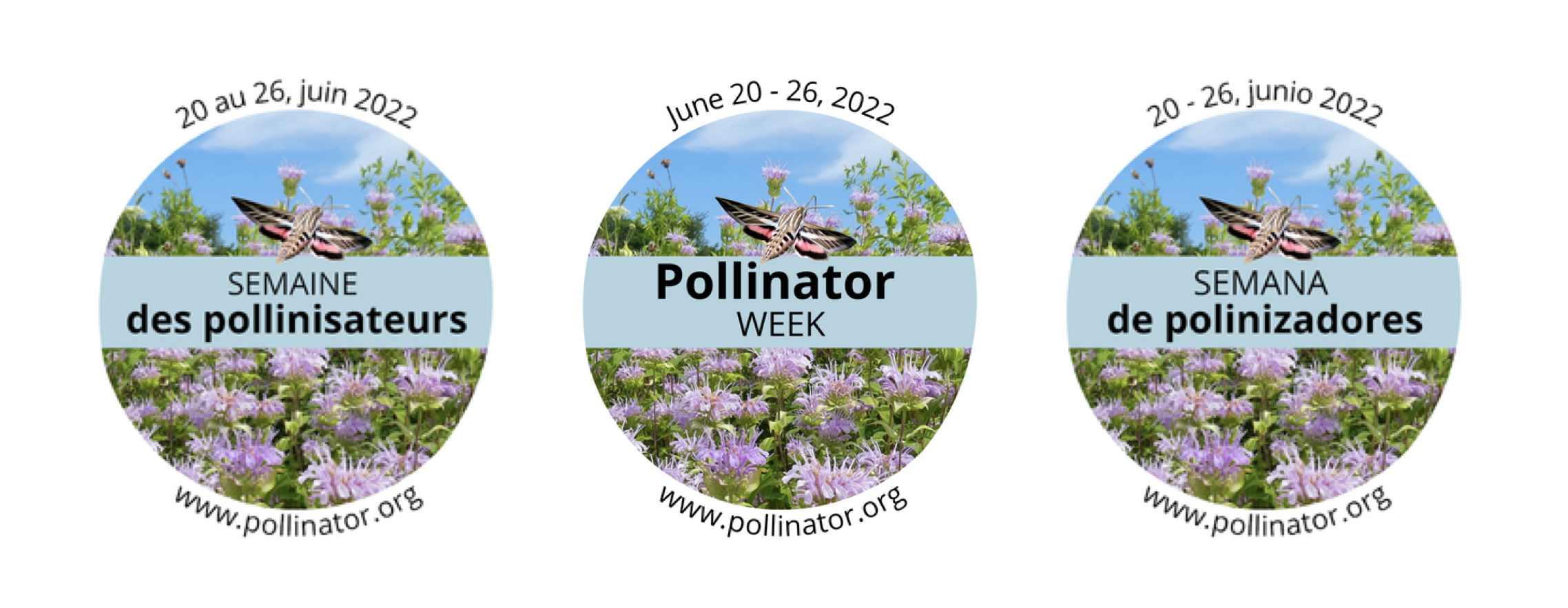Celebrate Our Pollinators
Did you know that pollinators like bees, butterflies, birds, beetles, and bats, provide 1 out of 3 bites of food we eat?
June 20-26, 2022 is Pollinator Week! Launched and managed by Pollinator Partnership, Pollinator Week is an annual event celebrated internationally in support of pollinator health. It's a time to celebrate pollinators and spread the word about what we can do to protect them.
Pollinator health and well-being is important for global food production. About 75% of all flowering plant species need animal pollinators for reproduction. As a result, pollinators contribute to ecosystem health, food security, and a sustainable food supply. We can each do our part to support pollinator health and well-being at home and in our community.
Make your space more pollinator-friendly
Build and/or install native bee houses. Though Maine’s native bees are primarily solitary species, they will use bee houses. Be sure that they are made from proper, breathable materials - paper or wood (but not bamboo) that are easily removable/replaceable - to reduce the likelihood of mold growth or spreading disease or mites. If you do install bee houses, be sure to clean/maintain them each season. Learn more here.
Create or increase pollinator habitat in your backyard by landscaping with native plants, incorporate native flowering plants into your home garden, and/or add some potted native plants to your deck or patio. If possible, also include a source of fresh, clean water for pollinators. Contact your local cooperative extension office or visit them online for helpful information and resources.
Explore ways to manage pests and weeds without harming pollinator species.
Get your family, students, or community involved
Create your own garden learning area. The Pollinator Partnership’s Bee Smart School Garden Kit includes 10 lesson plans, worksheets, tests, and materials for the included activities and is designed for school administrators, educators, teachers, garden coordinators, and parents for use with students in grades 3 to 6. Kits options vary and cost for the kit can be found on their website, along with more pollinator activities.
Host a pollinator-friendly/native planting day at your school, office, local park, or library.
Learn more about your native pollinators and what you can do to help protect and restore their habitat. Find online resources here or through your local cooperative extension.

